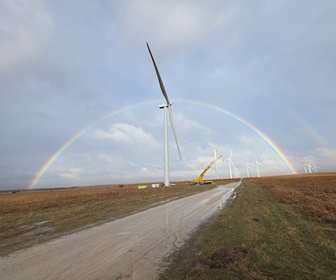The UK Government has released its updated Industrial Strategy, setting out a 10-year framework to boost business investment, job creation and productivity. Alongside the strategy, a Clean Energy Industries Sector Plan has been published to grow investment and employment in clean energy-related sectors.
From 2027, the new British Industrial Competitiveness Scheme will aim to reduce electricity costs for over 7,000 energy-intensive manufacturing businesses by up to £40 per megawatt hour. Sectors such as automotive, aerospace and chemicals are among the intended beneficiaries. Additional support will be provided through the British Industry Supercharger, which will increase electricity network charge discounts for the most energy-intensive industries — such as steel, chemicals and glass — from 60% to 90% starting in 2026.
These measures are designed to improve competitiveness, safeguard jobs, and support reinvestment, while also contributing to the UK’s broader aim of transitioning to clean energy and reducing reliance on fossil fuel markets. A new Connections Accelerator Service will streamline grid access for investment projects, prioritising those with strong economic and employment impacts.
The Industrial Strategy targets eight high-growth sectors: Advanced Manufacturing, Clean Energy Industries, Creative Industries, Defence, Digital and Technologies, Financial Services, Life Sciences, and Professional and Business Services. Each will be supported by a tailored 10-year growth plan.
In the clean energy sector, the UK aims to double investment by 2035. Great British Energy, based in Aberdeen, will play a central role, with a further £700 million allocated to clean energy supply chains, bringing the total for the Great British Energy Supply Chain Fund to £1 billion. In Scotland, £200 million will support the Acorn carbon capture and storage project, building on regional expertise in oil and gas.
Up to £185 million has also been allocated to Scotland through the Clean Industry Bonus, intended to unlock up to £3.5 billion in private investment for ports and high-tech components for both fixed and floating offshore wind. Aberdeen’s Energy Transition Zone is attracting investment in hydrogen and clean technologies, supporting its development as a global energy hub. A new regional skills pilot in Aberdeen will help ensure a local workforce is equipped to meet the sector’s evolving needs.









